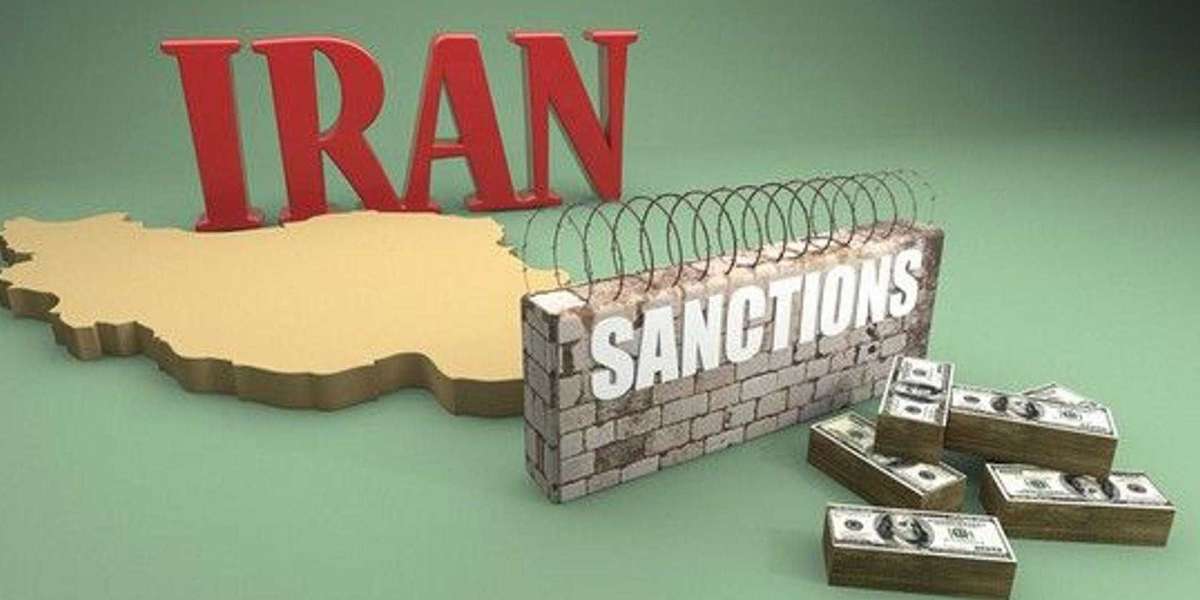The geopolitical landscape has once again shifted as United Nations sanctions on Iran have officially snapped back into place, signaling a new chapter in global diplomacy and international power politics. The decision marks a significant turning point, not only for Iran’s economy and nuclear ambitions but also for the world’s approach to enforcing international law and maintaining security in the Middle East.
The Return of Sanctions
After months of diplomatic friction, the UN has reinstated a series of sanctions targeting Iran’s arms trade, nuclear activities, and financial sectors. The move follows increasing concerns over Iran’s uranium enrichment and alleged violations of previous nuclear commitments.
The “snapback” mechanism — a provision originally embedded in the 2015 nuclear deal (JCPOA) — allows sanctions to be automatically reimposed if Iran is found in breach of the agreement. The latest decision underscores growing frustration among Western powers that Iran has not returned to full compliance despite years of negotiations.
These renewed sanctions restrict Iran’s access to global banking systems, weapons imports and exports, and foreign investments, effectively isolating Tehran from many parts of the international economy once again.
The Global Reaction
The global response to the snapback has been mixed.
- The United States, which long advocated for a tougher stance, hailed the move as “a step toward accountability.” Washington insists that renewed pressure is necessary to bring Tehran back to the negotiating table.
- European nations expressed cautious support, urging diplomacy alongside enforcement to prevent escalation.
- Russia and China, however, condemned the decision, arguing that unilateral pressure will only deepen divisions and push Iran closer to their sphere of influence.
For Tehran, the reimposition of sanctions is a familiar challenge. Iranian officials described the decision as “politically motivated,” vowing to resist what they call an unjust use of international mechanisms. The Iranian leadership insists that its nuclear program remains peaceful and accuses Western nations of violating their own obligations.
Economic Impact on Iran
The sanctions’ economic toll is already being felt. The Iranian rial has weakened, inflation is rising, and foreign investors have retreated due to the fear of secondary sanctions. Key industries such as oil exports, steel production, and technology imports are once again under heavy restriction.
Iran’s government has turned to alternative markets, including barter trade with regional allies and the use of cryptocurrencies to bypass financial barriers. However, experts say such methods can only partially offset the loss of formal trade routes and financial connectivity.
The energy sector, Iran’s economic backbone, faces the greatest strain. Renewed sanctions limit Tehran’s ability to export oil at competitive levels, reducing state revenue and squeezing domestic programs dependent on oil income.
Political and Security Implications
The return of UN sanctions has broader geopolitical implications that stretch beyond Iran’s borders.
For the Middle East, it could reignite regional tensions and accelerate an arms race, as neighboring states reevaluate their own defense strategies.
The sanctions may also impact global oil prices and shipping routes, particularly in the Strait of Hormuz, where even small escalations can disrupt international trade flows. Analysts warn that Tehran might respond to increased pressure by leveraging its regional proxies, potentially destabilizing nearby regions like Iraq, Lebanon, and Yemen.
International observers believe the sanctions will either push Iran back into negotiations or entrench a long-term standoff. Both scenarios carry risks — either through political compromise or escalating confrontation.
Diplomacy at a Crossroads
Efforts to revive the Joint Comprehensive Plan of Action (JCPOA) had made little progress before the sanctions snapback. The renewed restrictions now make talks even more complex. European diplomats fear that Iran, feeling cornered, may scale up its nuclear enrichment as leverage — potentially reigniting a global nuclear crisis.
Still, some analysts believe the sanctions could serve as a reset point. By applying maximum pressure while keeping diplomatic channels open, major powers might steer negotiations toward a stronger and more enforceable agreement.
Regional players such as Saudi Arabia, the UAE, and Turkey are closely watching developments, knowing that any shift in Iran’s position could reshape the balance of power across the Gulf and beyond.
Iran’s Strategic Response
In response, Iran has doubled down on its “resistance economy” strategy — focusing on domestic production, closer ties with China and Russia, and expanding its role in non-Western trade blocs. Tehran also continues to explore new diplomatic alignments, particularly within organizations like BRICS and the Shanghai Cooperation Organization (SCO), to reduce its dependence on Western economies.
This eastward pivot highlights a new global reality: sanctions no longer isolate nations as effectively as in the past. Instead, they push them toward alternative economic and political alliances, potentially undermining the very influence Western powers aim to exert.
A Global Ripple Effect
The reimposition of UN sanctions doesn’t only affect Iran — it reshapes the dynamics of global governance.
It reignites questions about the authority of the UN Security Council, the balance between diplomacy and coercion, and the effectiveness of sanctions as a tool for compliance.
Energy markets, already fragile from supply chain disruptions, could experience volatility as Iran’s oil exports decline. Countries dependent on Iranian crude, such as India and China, will have to diversify their import strategies. Meanwhile, Western economies may face moderate price increases if global output tightens.
Final Thought
The UN’s decision to reimpose sanctions on Iran marks a defining moment in international diplomacy — one that will test the balance between power, law, and negotiation.
For Iran, it is a challenge to endure renewed isolation while seeking allies in an evolving world order. For the international community, it’s a test of whether punitive measures can still drive compliance in an era where global influence is diversifying.
As sanctions bite and diplomacy stalls, one truth becomes clear: the global system is no longer defined by unilateral power. The future of the Iran question will depend not on pressure alone — but on whether the world can rediscover the delicate art of negotiation in a time of division.







